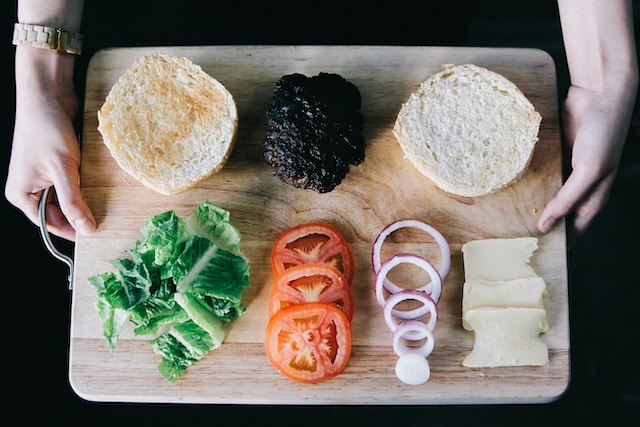In times of turmoil and uncertainty, it is human nature to seek solace in the familiar. Whether we’re facing personal challenges or navigating the collective storms that life throws our way, comfort food has an uncanny ability to provide a much-needed respite from the chaos. It becomes a source of solace, reminding us of happier times and offering a temporary refuge. This article explores the healing power of comfort food and delves into how it has become an essential coping mechanism during tough times.
When the world feels overwhelming, a steaming bowl of homemade chicken noodle soup can transport us back to our grandmother’s kitchen, enveloping us in a warm embrace. The aroma wafting through the air carries with it memories of simpler days, filling us with a sense of nostalgia and security. Scientifically speaking, comfort food has been found to trigger the release of neurotransmitters like dopamine and serotonin, commonly associated with pleasure and well-being. These natural mood-boosters help alleviate stress and create a sense of comfort and contentment.
While comfort food can vary greatly from person to person, certain dishes have become emblematic of solace across cultures. Macaroni and cheese, with its gooey richness, can elicit a sense of childlike joy even in the darkest of times. Similarly, a warm slice of apple pie, with its buttery crust and spiced filling, can evoke a feeling of comfort and reassurance. These foods tap into our emotions, evoking a sense of security and reminding us of the simple pleasures that life has to offer.
During times of crisis, the act of preparing comfort food can be therapeutic in itself. The rhythmic chopping of vegetables, the gentle sizzle of onions in a pan, and the familiar rituals of cooking can provide a sense of control when everything else seems chaotic. Engaging in the sensory experience of cooking and immersing ourselves in the creative process can offer a much-needed distraction from our worries and anxieties. It allows us to channel our energy into something tangible and productive, providing a momentary reprieve from the challenges we face.
Moreover, comfort food often holds deep cultural and familial significance. Traditional recipes passed down through generations carry with them a sense of heritage and belonging. They serve as a link to our roots, reminding us of the strength and resilience of those who came before us. In a world that feels fragmented and uncertain, comfort food can bring communities together, fostering a sense of unity and shared experience. The act of sharing a comforting meal with loved ones can provide a brief respite from the hardships we face, offering a much-needed connection and support system.
However, it is important to acknowledge that comfort food should not be seen as a long-term solution for emotional well-being. While it can provide temporary relief and comfort, it is crucial to seek healthy coping mechanisms and professional support when needed. As with any indulgence, moderation is key.
In conclusion, the healing power of comfort food during tough times cannot be underestimated. It serves as a sanctuary in which we can momentarily escape from the trials and tribulations of life. Comfort food has a remarkable ability to soothe our souls, reconnect us with cherished memories, and provide a temporary respite from the chaos. By understanding and appreciating its role in our lives, we can harness the therapeutic potential of comfort food while also seeking long-term solutions for emotional well-being.Word count: 600












